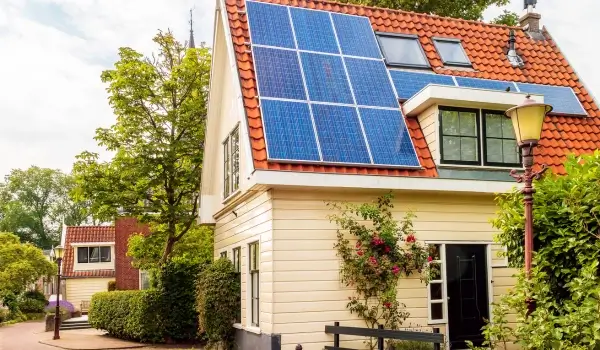As more travelers seek meaningful, eco-conscious experiences, sustainable lodging is stepping into the spotlight. From solar-powered cabins to eco-luxury resorts, today’s accommodations are redefining what it means to travel responsibly. These green getaways not only minimize environmental impact—they also offer unique, enriching stays for the modern adventurer.
What Is Sustainable Lodging?
Sustainable lodging refers to accommodations that reduce their environmental footprint through eco-friendly design, energy-efficient operations, and mindful resource use. This can include everything from solar energy systems and rainwater collection to locally sourced building materials and zero-waste policies. Many sustainable lodges also support local communities by hiring local staff, offering cultural experiences, and reinvesting in the environment.
The Traveler’s Shift Toward Conscious Choices
Travelers today are more aware of their environmental impact—and they’re looking for ways to lessen it. According to recent studies, a growing number of people are willing to pay more for eco-friendly accommodations that align with their values. Whether it’s reducing carbon emissions, avoiding plastic waste, or supporting conservation efforts, choosing green lodging has become part of the ethical traveler’s checklist.
Examples of Eco-Friendly Lodging Innovations
Sustainable lodging comes in many forms, including:
- Tiny homes and off-grid cabins powered by renewable energy
- Eco-resorts that incorporate permaculture, green roofs, and water-saving technology
- Treehouses and yurts built using low-impact construction methods
- Hotels with LEED certification and strict sustainability standards
These spaces not only conserve resources but also immerse guests in nature and inspire a deeper connection to the environment.
Conclusion: Travel That Gives Back
Green getaways are more than a travel trend—they’re a movement toward thoughtful, planet-friendly living. By choosing sustainable lodging, travelers can enjoy unforgettable adventures while supporting a more responsible and regenerative tourism industry. As demand grows, sustainable stays are not only changing the way we vacation—they’re changing the future of travel itself.

